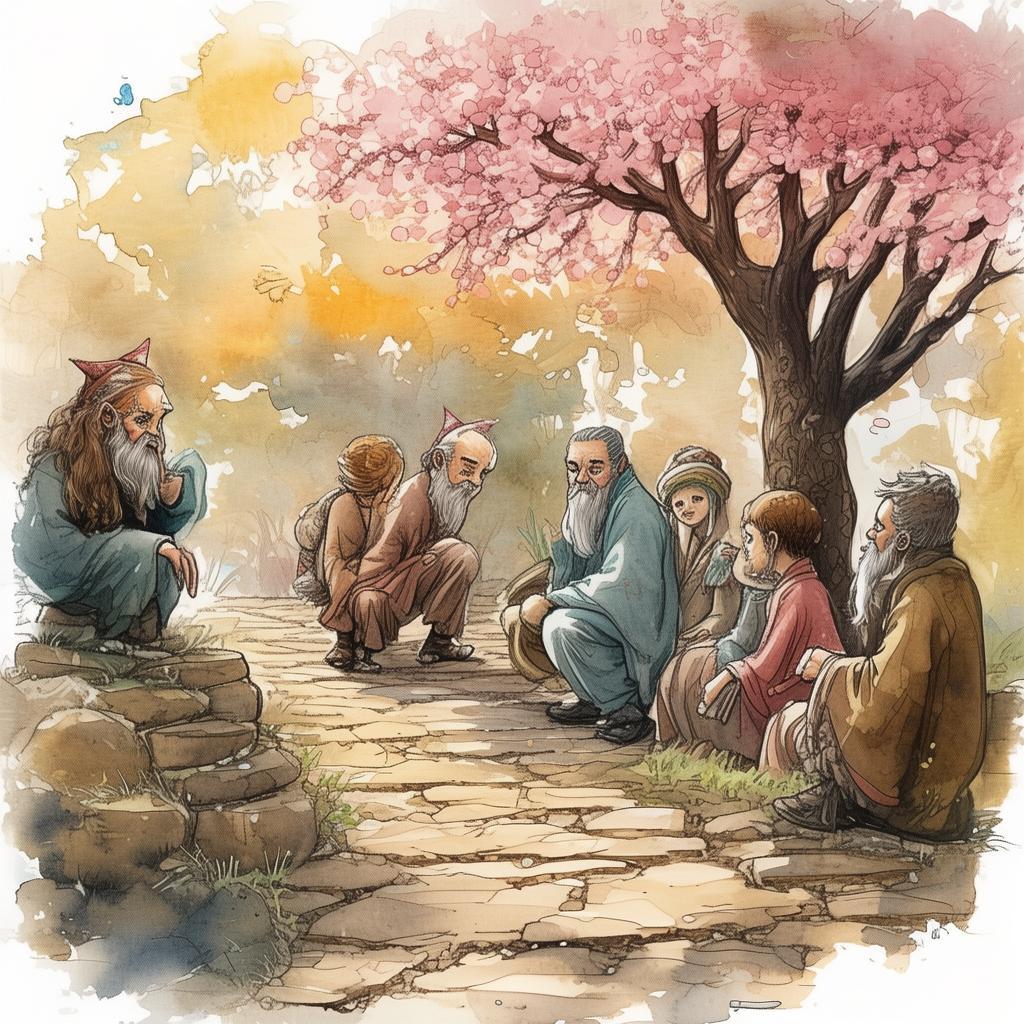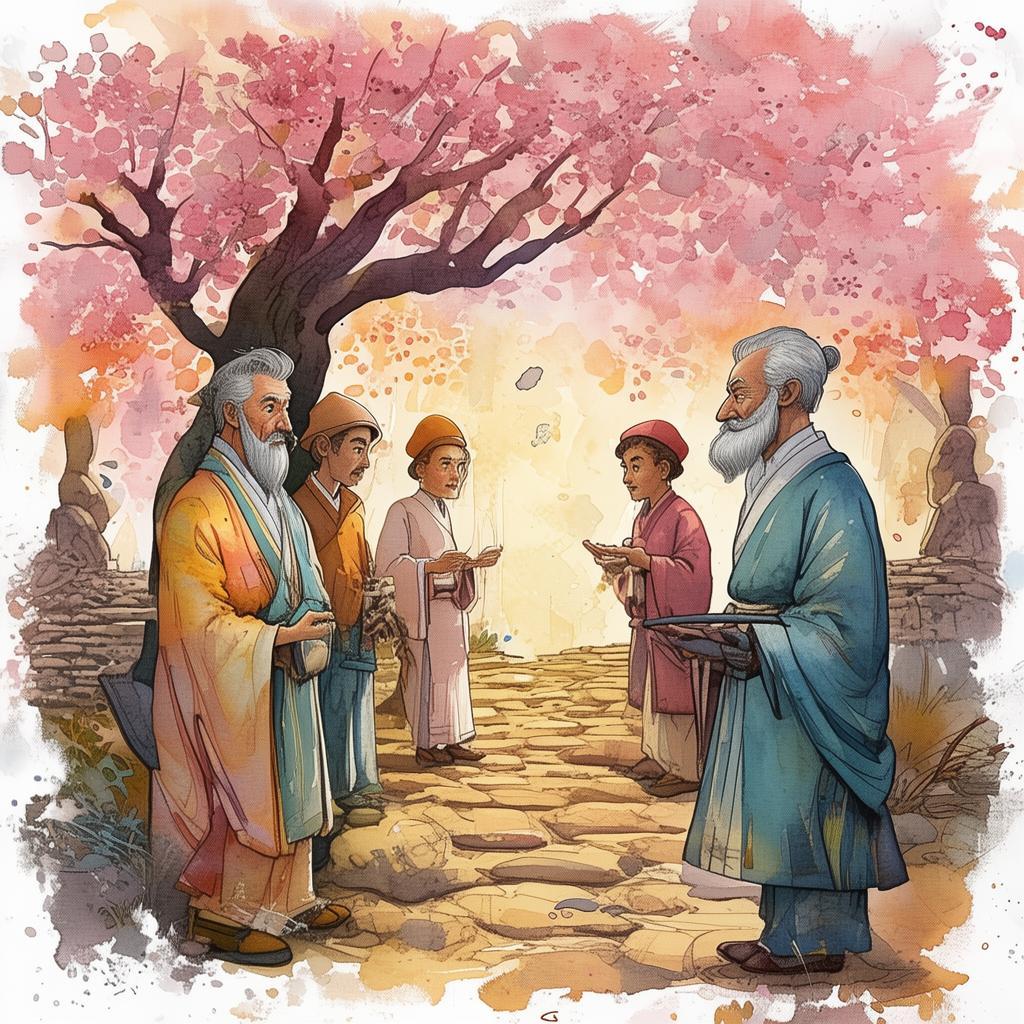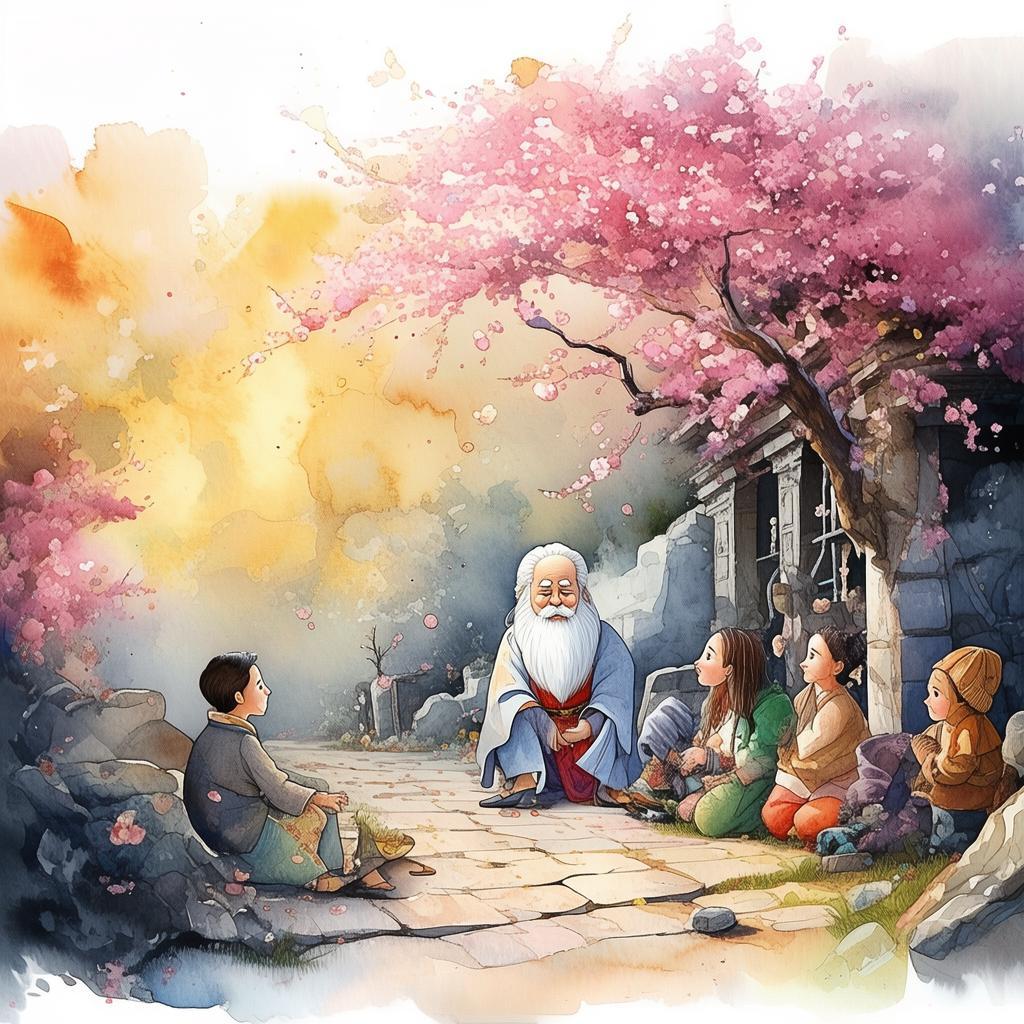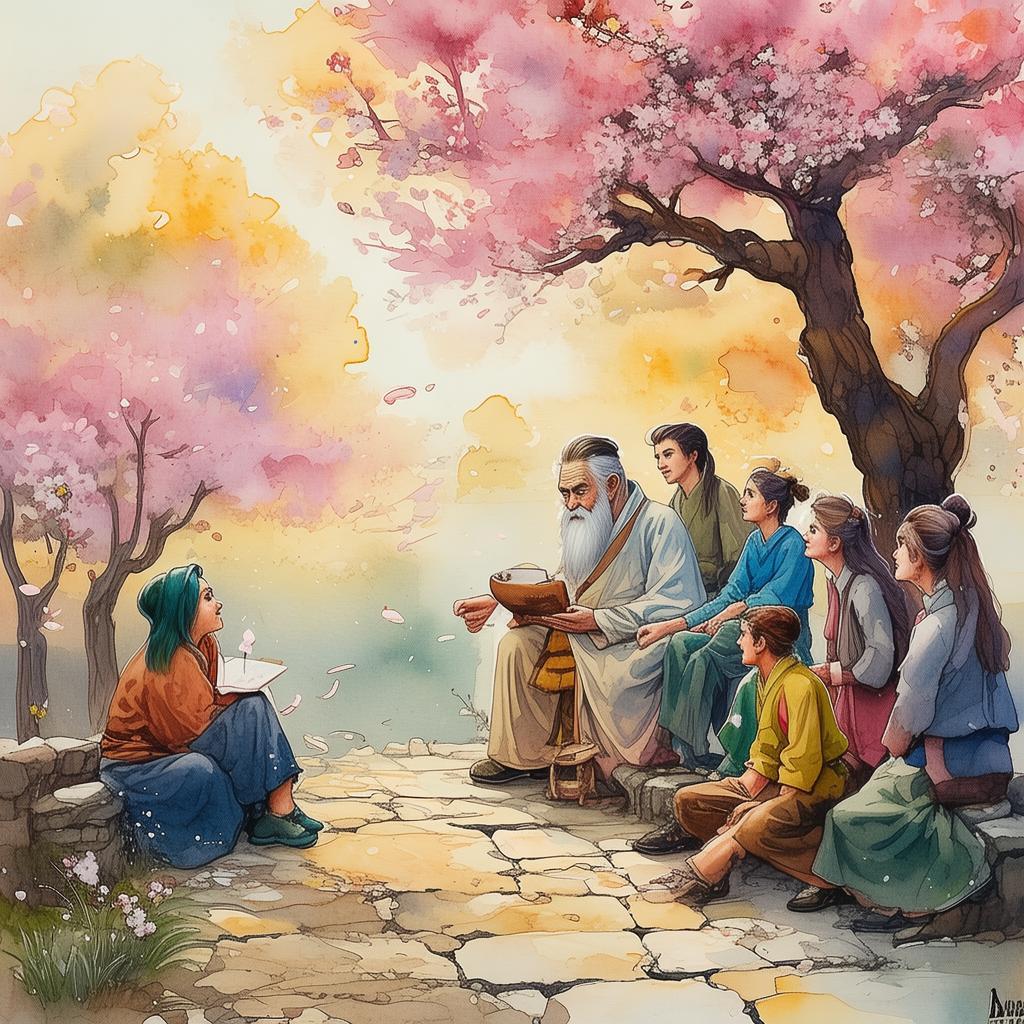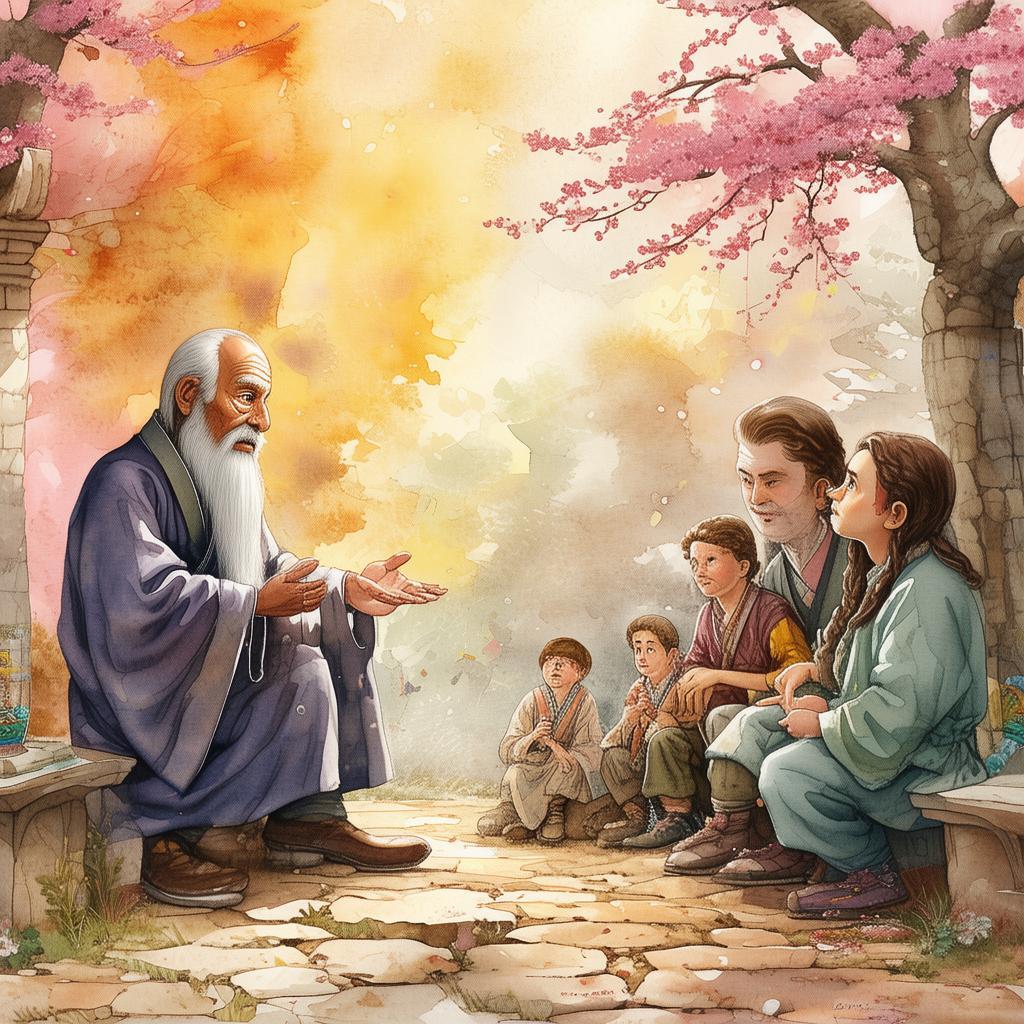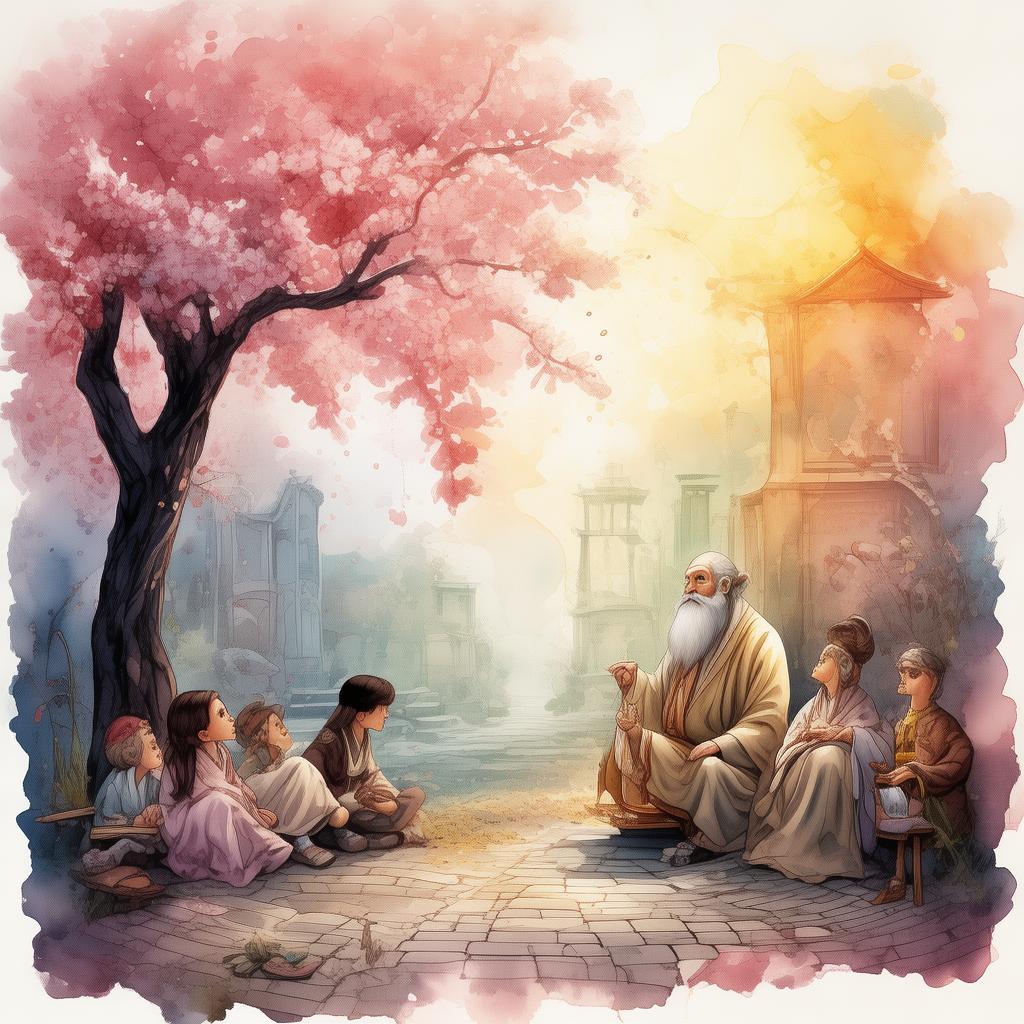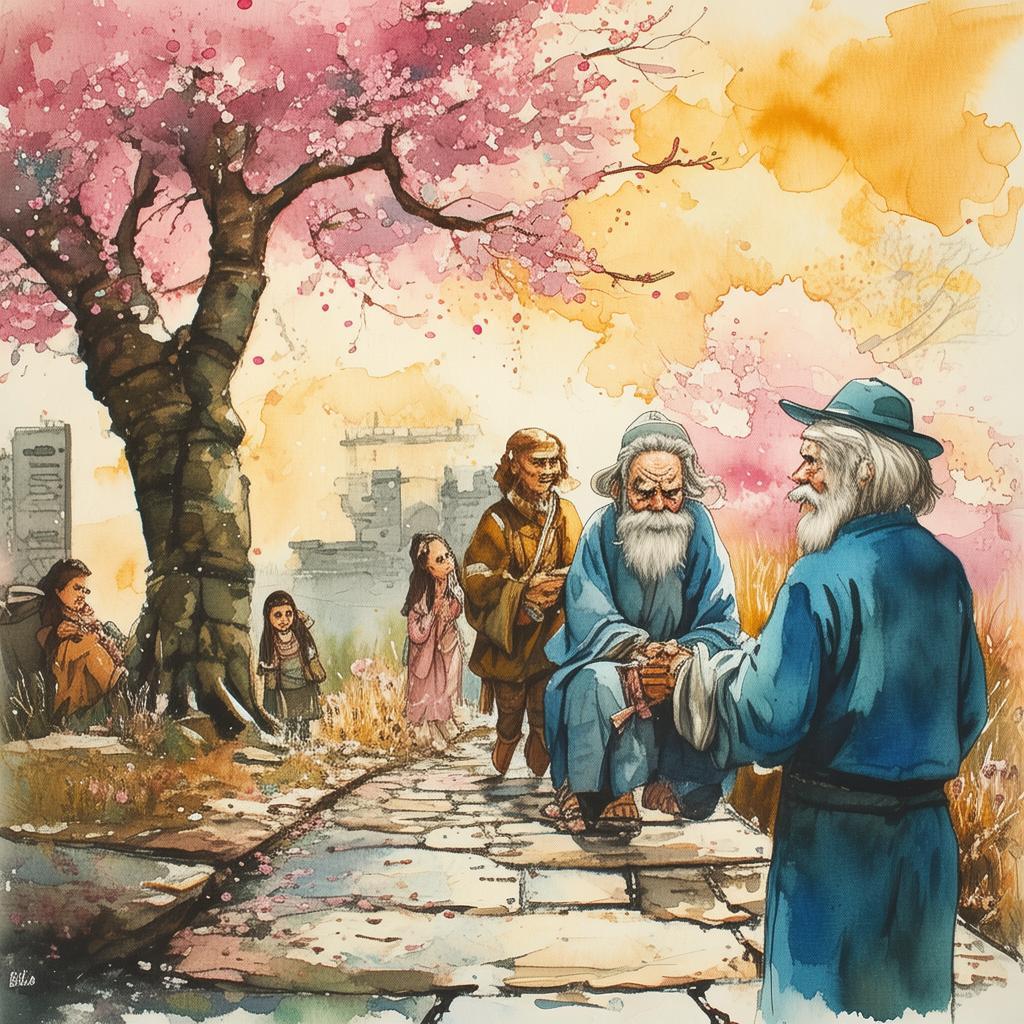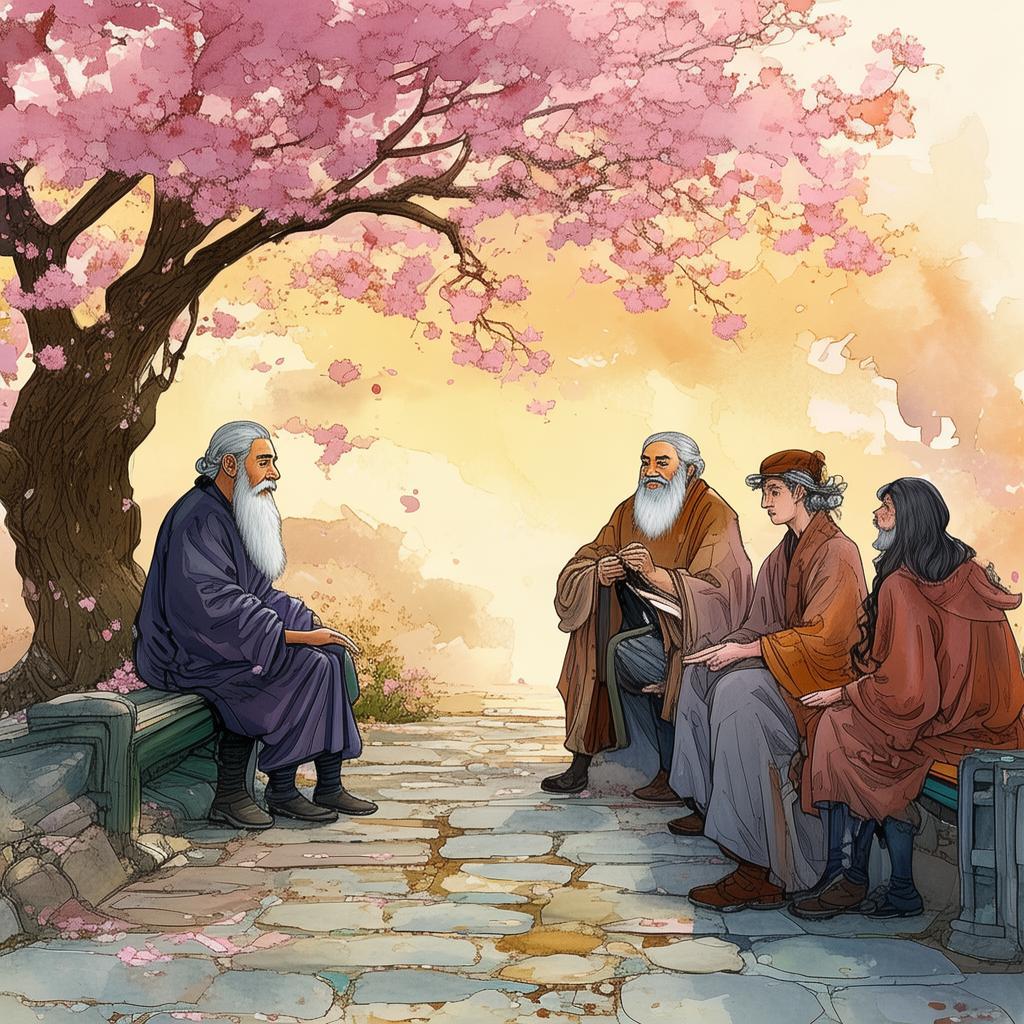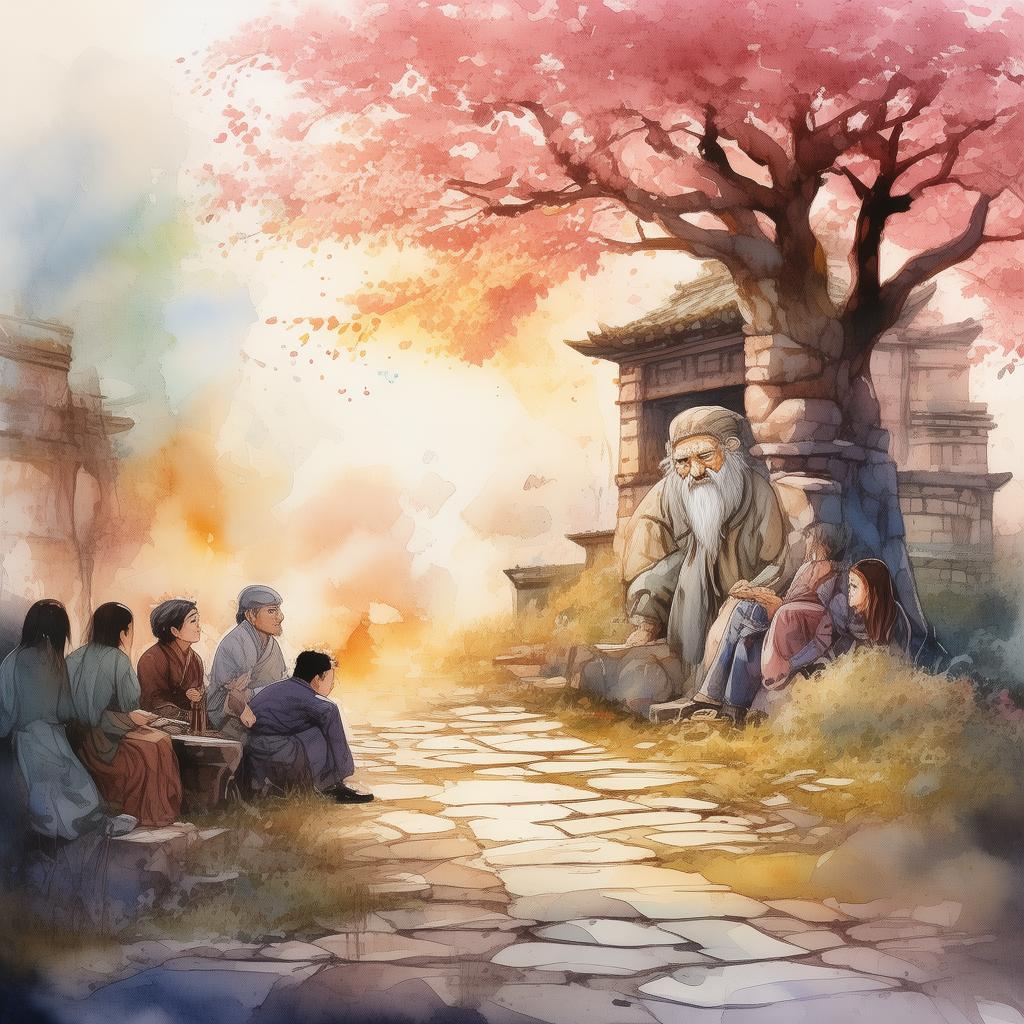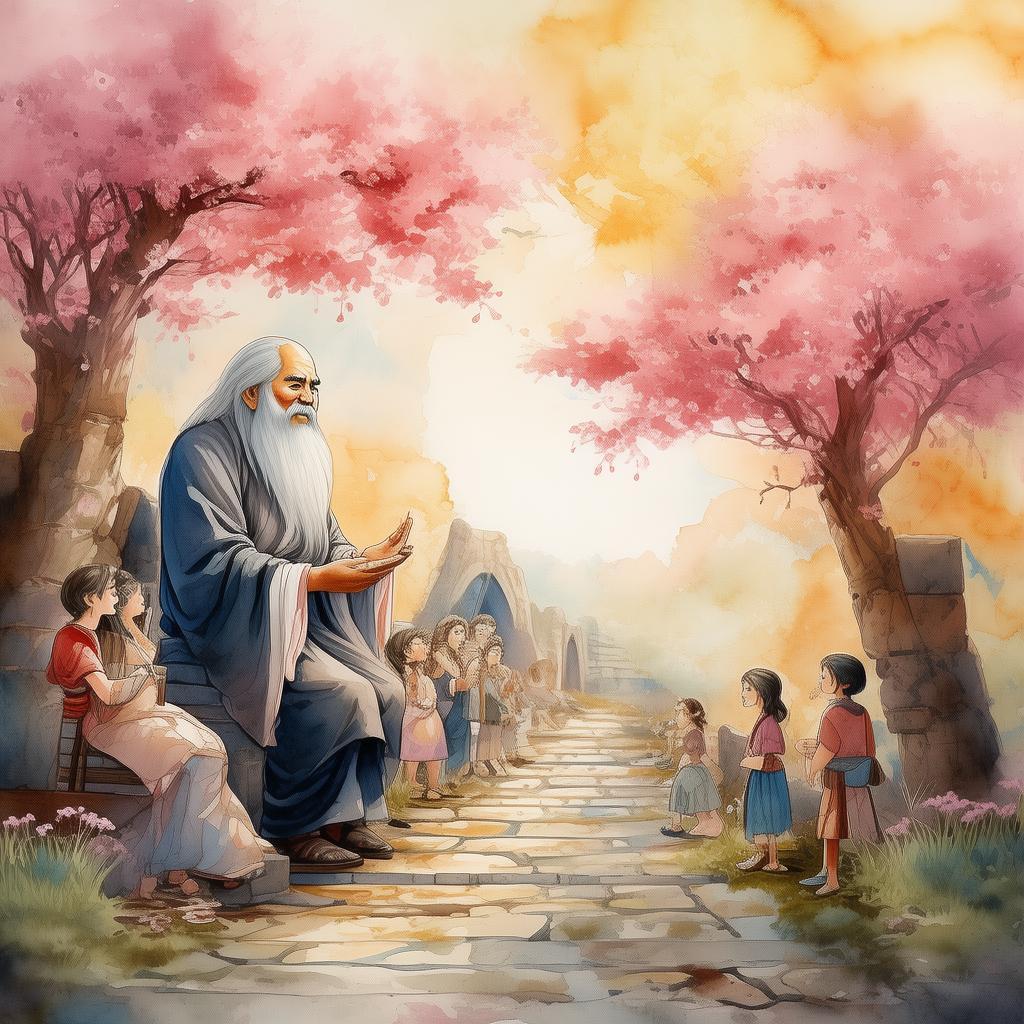The Marathon of Destiny: A Race That Shaped a Dynasty
In the ancient kingdom of Xian, there was a time when the fate of empires hung on the swift legs of a single runner. The kingdom was ruled by the House of Li, a dynasty known for its martial prowess and strategic acumen. The current ruler, Emperor Li Guangming, was a man of vision and ambition, but he was also a man of his word. He had decreed that the kingdom would be united not by force, but by a spirit of camaraderie and competition.
The year was 300 BCE, and the kingdom was preparing for the most prestigious race in its history: the Great Xian Marathon. This was no ordinary race; it was a contest that would determine the future of the dynasty and the kingdom. The winner would be granted the honor of being the first in the dynasty to carry the title of "The Marathon Emperor," a title that would be passed down through generations.
The story begins with a young athlete named Feng, a humble farmer's son who had always been passionate about running. Feng was not the fastest runner in the kingdom, but he was the most determined. He had heard tales of the Great Xian Marathon from his grandfather, who had been a runner in his youth. These tales had instilled in Feng a dream of glory and the hope of changing his destiny.
As the day of the race approached, Feng trained tirelessly, his only companion being the ancient scroll of running techniques his grandfather had given him. The scroll spoke of the "Sprint of the Dragon," a technique that allowed a runner to harness the power of the earth and the wind. Feng believed that if he could master this technique, he could win the race and secure his place in history.
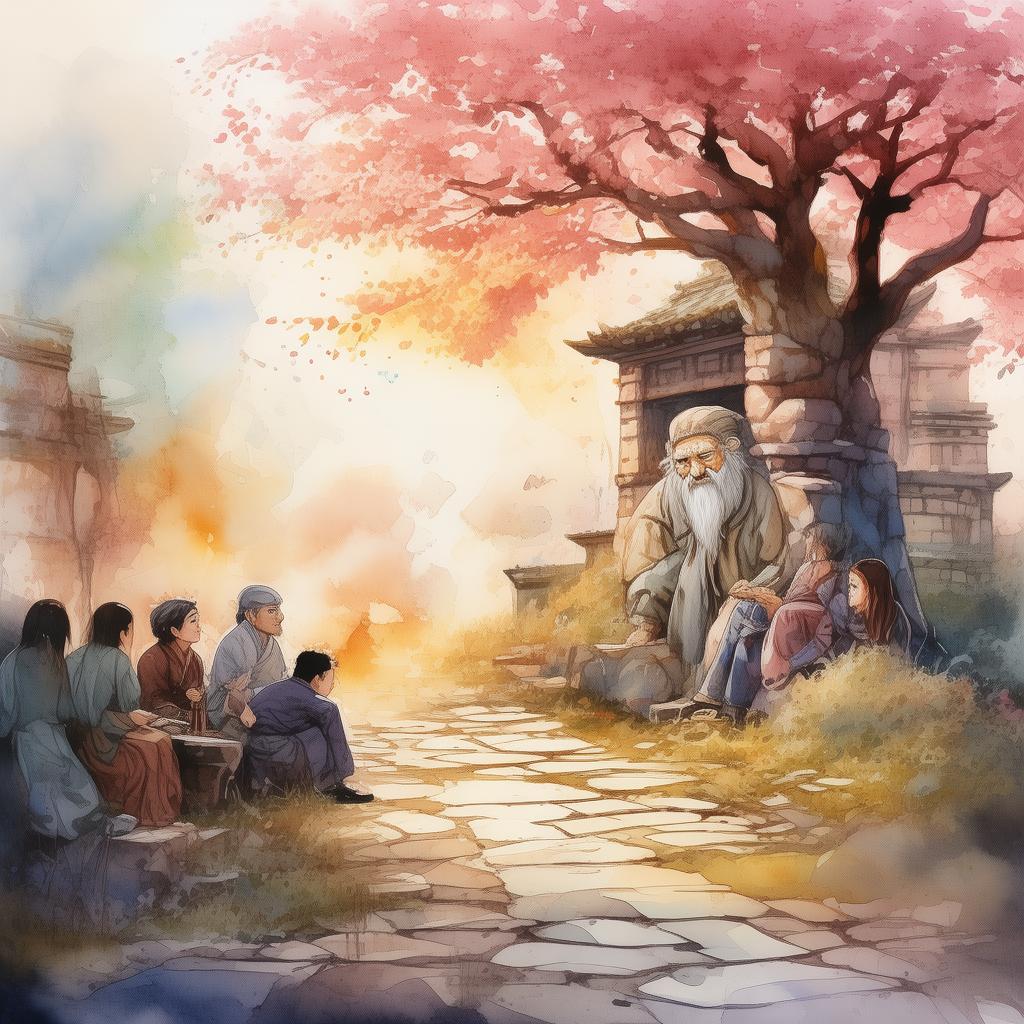
The Great Xian Marathon was a spectacle of grandeur. The kingdom's greatest athletes, adorned in their finest robes, lined up at the starting line. The emperor himself was present, his eyes gleaming with anticipation. The crowd was a sea of faces, all eager to witness the race that would define a dynasty.
The race began with a roar from the crowd. The runners set off at a brisk pace, their feet pounding the earth with each stride. Feng, though not the fastest, was among the leaders. He felt the wind in his hair and the earth beneath his feet. The "Sprint of the Dragon" was working; he could feel the ancient power flowing through him.
As the race progressed, Feng's resolve grew stronger. He pushed himself beyond his limits, his breath coming in ragged gasps. The crowd cheered him on, their voices a constant source of encouragement. He could see the finish line in the distance, a beacon of hope.
Suddenly, a shadow fell over the race. A rival runner, a member of the House of Li, surged ahead, his eyes filled with malice. Feng's heart raced as he felt the pressure of the competition. He knew that if he wanted to win, he had to push even harder.
With a final burst of energy, Feng unleashed the full power of the "Sprint of the Dragon." He felt the earth and wind around him, and he surged forward. The crowd erupted in cheers as Feng crossed the finish line, his chest heaving with exertion.
The emperor, his eyes wide with amazement, approached Feng. "You have won, young runner," he declared. "You will be known as the first Marathon Emperor of the House of Li."
Feng, humbled by the honor, bowed deeply. "Thank you, Your Majesty. It is my destiny to serve the kingdom."
As the years passed, Feng's legacy grew. The House of Li, now united by the spirit of the marathon, expanded its borders and became one of the most powerful dynasties in history. The Great Xian Marathon became an annual event, a symbol of the kingdom's strength and unity.
Feng's story was passed down through generations, a tale of destiny and endurance. The "Sprint of the Dragon" became a symbol of the House of Li's indomitable spirit, a legacy that would endure for centuries.
In the end, it was not just Feng's victory that changed the course of history; it was the spirit of the marathon that united a kingdom and shaped a dynasty. The Great Xian Marathon became more than a race; it became a symbol of the enduring power of the human spirit.
✨ Original Statement ✨
All articles published on this website (including but not limited to text, images, videos, and other content) are original or authorized for reposting and are protected by relevant laws. Without the explicit written permission of this website, no individual or organization may copy, modify, repost, or use the content for commercial purposes.
If you need to quote or cooperate, please contact this site for authorization. We reserve the right to pursue legal responsibility for any unauthorized use.
Hereby declared.
